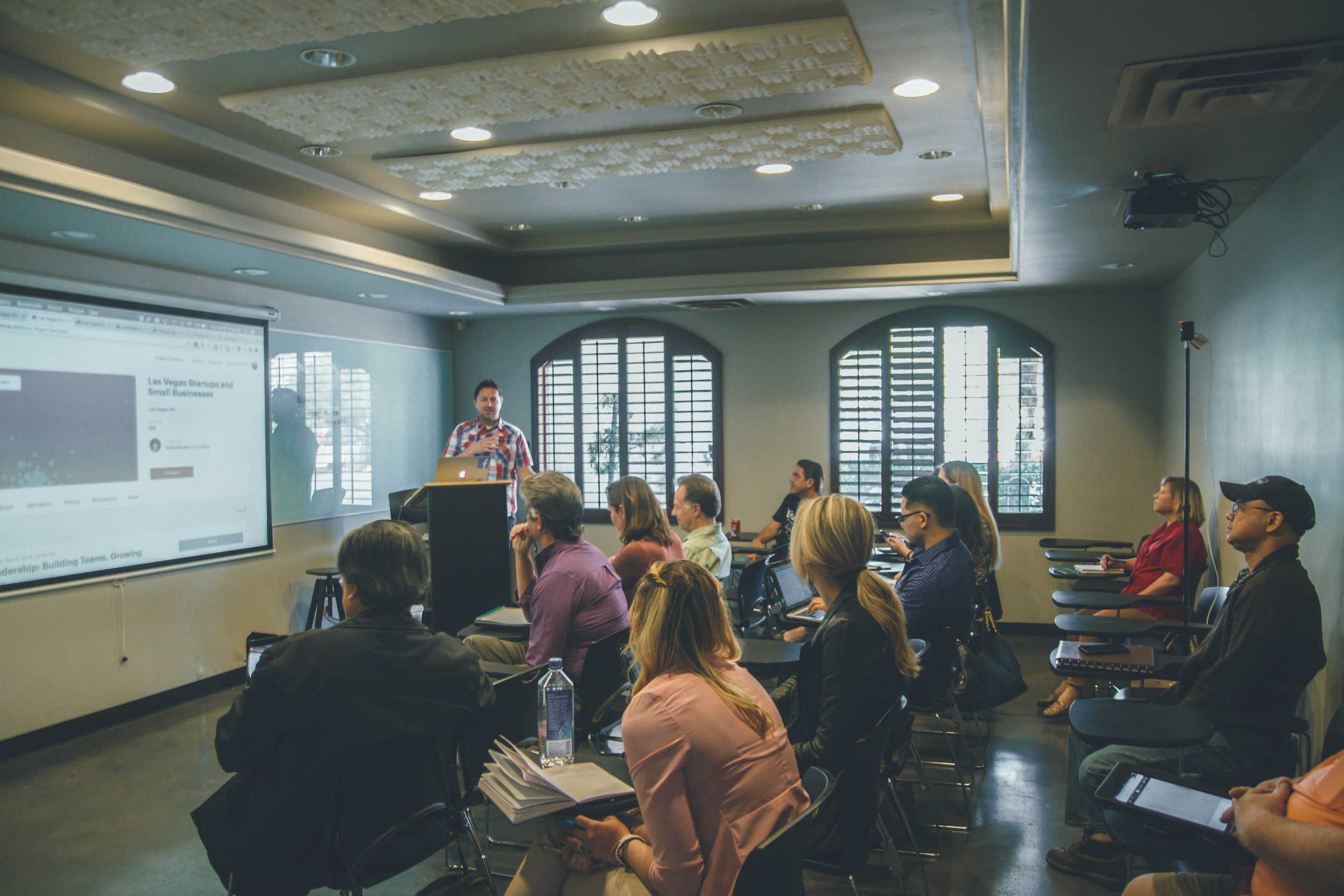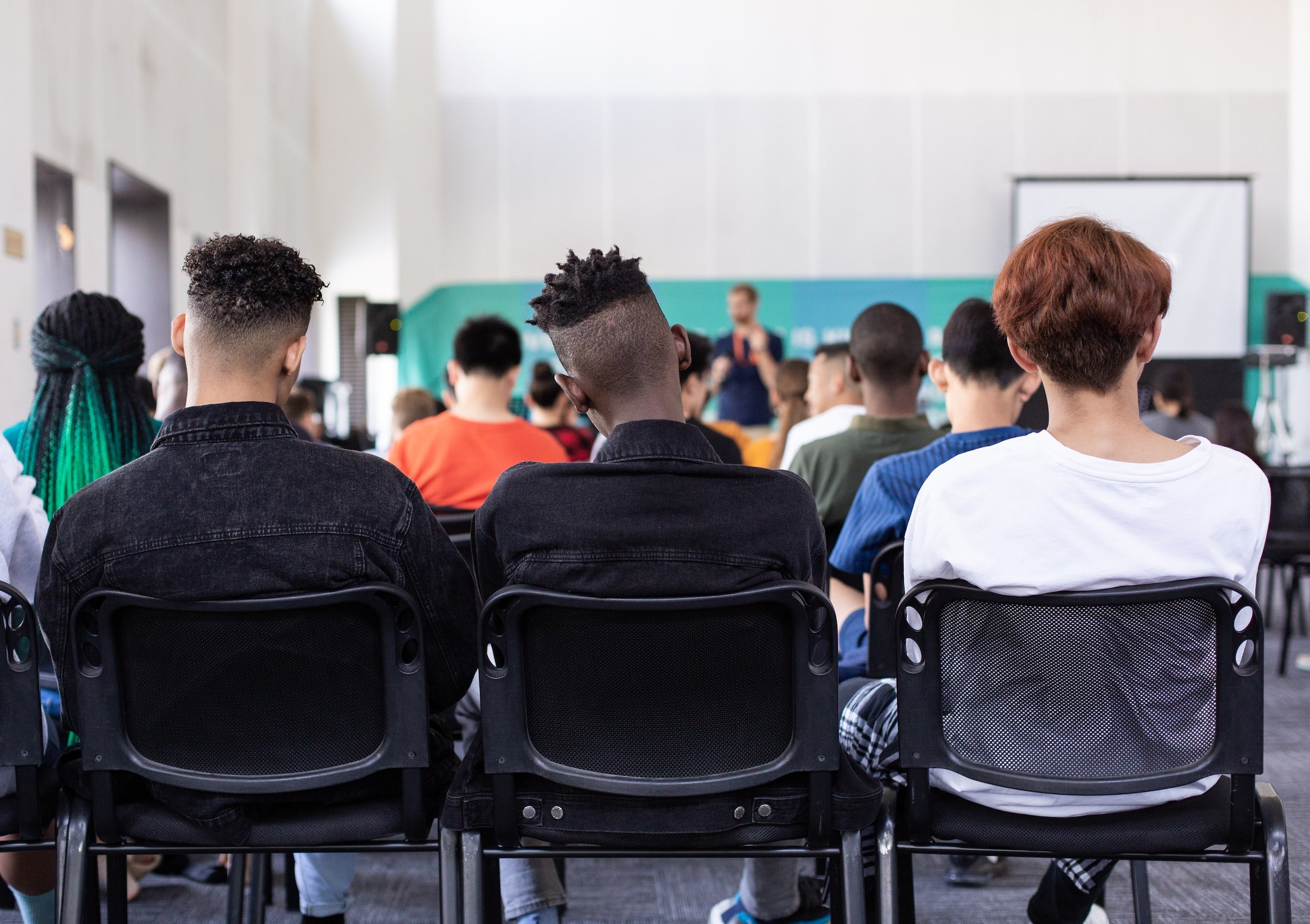
Changing Laws for Credit
“Your homework: Change public policy.” This was the daunting task I gave to the aspiring public and nonprofit leaders enrolled in my graduate policy course at Cleveland State University’s Maxine Goodman Levin College of Urban Affairs. This wasn’t simply a pep talk; this task was their main assignment for the course. All semester long, the students were charged to work in groups to lobby for some state or local legislative or administrative change.

Making the Economic Development Process Accessible to Students
Economic development is a complex process by which local entities compete for development projects. Theory development in this area has ranged from descriptions of the economies of corporate clustering, transportation cost networks, central place theory, growth machine theory, and transaction cost theories to name a few. While these theoretical perspectives provide a basis for understanding “why” cities need economic development to survive in a highly competitive, fractured metropolitan space, these theories do little to show students the “how” of economic development decision-making.

An Applied Economic Development Project for Urban Politics Classes
I have the pleasure of teaching an upper-level political science course called “Urban Politics & Policy.” In order to help my students connect what they are learning to real-life situations, I have them (in small groups) create economic development plans for actual U.S. cities.